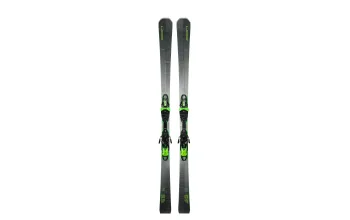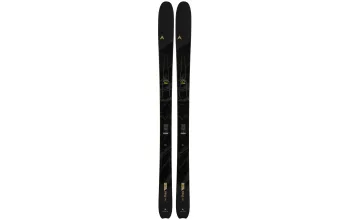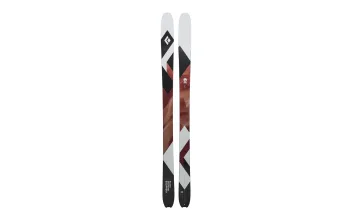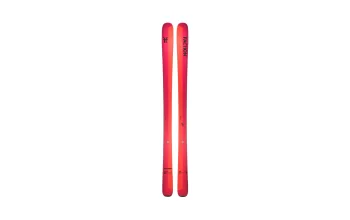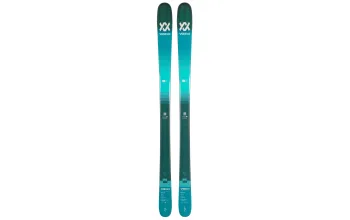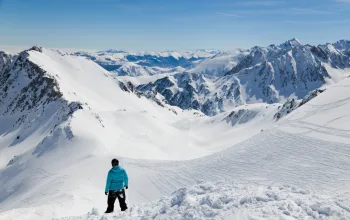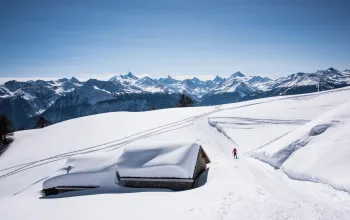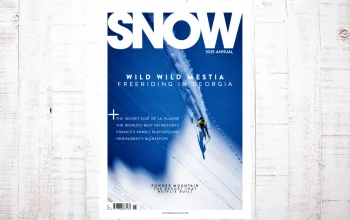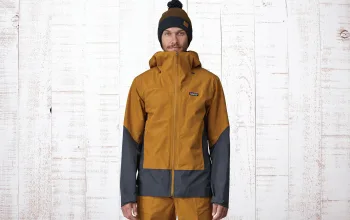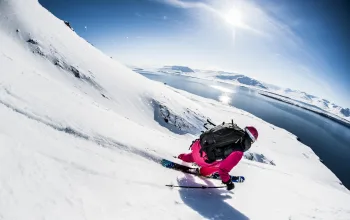Fischer produces two women's versions of its Ranger skis, the one reviewed here the W89 and if you want something a little chunkier then the Austrian company also has the wider W98.
The most basic difference from the men's ski is in the construction, where beech wood is abandoned in favour of a full poplar core. An additional feature designed to keep the weight down is that the Rangers' wood core is reinforced with a milled titanal layer to increase stability.
Another big difference is the positioning of the binding mounting point, which is forward of where you would normally see it on a man's ski. Fischer says this is to "make turning easier for energy-saving skiing".
The shaping of the ski gives it a mid-range 17m turn radius while it has 'Freeski Rocker', which Fischer says is its most aggressive rocker profile and there is a pretty noticeable rise in the shovel.
The idea is that the exaggerated rocker will lift the tips and tails up and over all sorts of varied terrain in an attempt to make your ride down the mountain as smooth as possible, no matter the snow conditions.
But during testing we found that on hard pack the W89 doesn't grip until nearly at the binding, making the skier sit back and feel a bit insecure without that bite on the snow. It was a similar feeling off piste - while the ski was easy to pivot, initiating 'proper' turns using edge was hard and it just didn't seem to float as expected for a ski in the freeride category.
The remaining major material used in the Ranger is carbon, another light but strong construction choice, with the nose being made almost solely of the stuff while there is a network of carbon fibres throughout the ski to boost torsional stiffness.
Fischer has added titanium plates in the toe and heal binding mounting area, so pin, frame or true alpine binding can be fixed without the fear of losing any power transference, responsiveness or durability.
The W89 comes with alpine bindings already included, but there is certainly flexibility to replace that with a touring set-up instead - which given the ski's weight-saving design could prove its forte.




